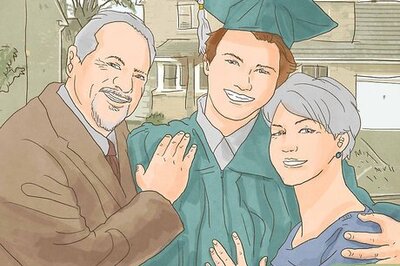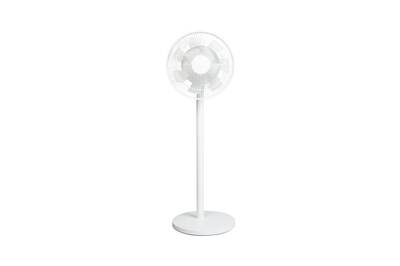
views
London: Are you on Facebook? Then, make sure you post a nice, impressive photograph, as users on the social networking sites appear to form judgements on profiles without even reading words, researchers say.
The researchers at the Ohio State University in the US also found that people pay closer attention to information that could be viewed as negative or not normal on such sites.
It seems a profile photo on Facebook tells viewers all they need to know to form an impression of a person and no words are really necessary, they said.
In one experiment, the researches found college students who viewed a Facebook photo of a fellow student having fun with friends rated that person as extroverted - even if his profile said he was "not a big people-person".
The only exception is when a photo is out of the ordinary or shows someone in a negative light. In that case, people do use profile text to help interpret what kind of person is shown in the profile, they said.
"Photos seem to be the primary way we make impressions of people on social networking sites," lead author Brandon Van Der Heide was quoted as saying by the Daily Mail.
"People will accept a positive photo of you as showing how you really are. But if the photo is odd or negative in any way, people want to find out more before forming an impression," he said.
For their study, published in Journal of Communication, the researchers recruited 195 college students and made them view mock Facebook profiles of a person that included a photo and a written "about me" statement.
Participants were asked to rate how extroverted they thought the student in the profile was, on a scale of 1 to 7 based on the photo and text.
It was found the profile, which had a photo showing the person enjoying a night out with friends and a text saying he was the happiest person with a big group of friends, was rated as the most extrovert.
Surprisingly, the participants also rated the person most extrovert if his profile had a extroverted photo but a text suggesting the person was an introvert.
But if the photograph suggested an introvert, people did pay attention to the text. If the text also suggested an introvert, participants rated the person as such.
But if the text suggested the person was an extrovert, participants rated them as slightly less introverted, the researchers said.
"They were still seen as introverted, because of their photo showing them alone on the park bench. But they got a little bump up in their extroversion rating because of their profile text suggesting they were extroverted," said Prof Van Der Heide.
These results support a theory that people generally pay closer attention to information that could be viewed as negative or not normal, he said.
Researchers also said that on social networking sites such as Facebook, users expect people to showcase themselves as happy, successful and sociable.
"If the photograph fits that image, people have little reason to question his or her judgements about this person's characteristics," Prof Van Der Heide said.
"But if the photo shows something we did not expect - someone who is more introverted, for example - viewers want to read the text and do a little more interpretation."
The results were of interest because when people use text or photos alone to build an impression of someone, text may sometimes have a greater influence, he said, adding this is especially true when conveying negative information.




















Comments
0 comment